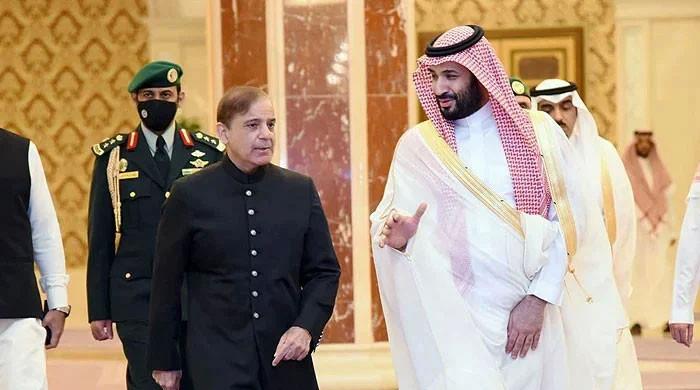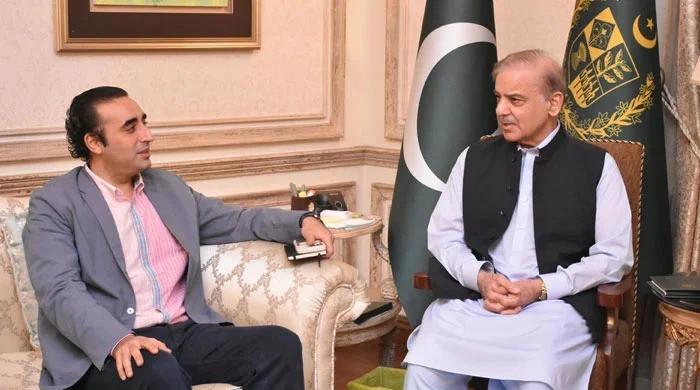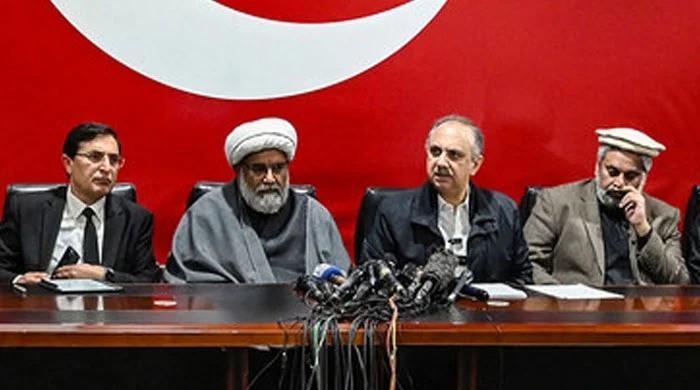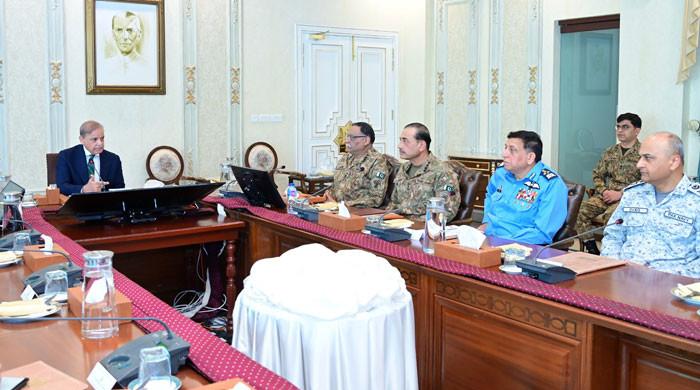Pakistan sends another delegation to Kabul for peace talks with TTP
Visit of tribal jirga comes a day after return of Pakistani ulema delegation from Kabul
July 31, 2022
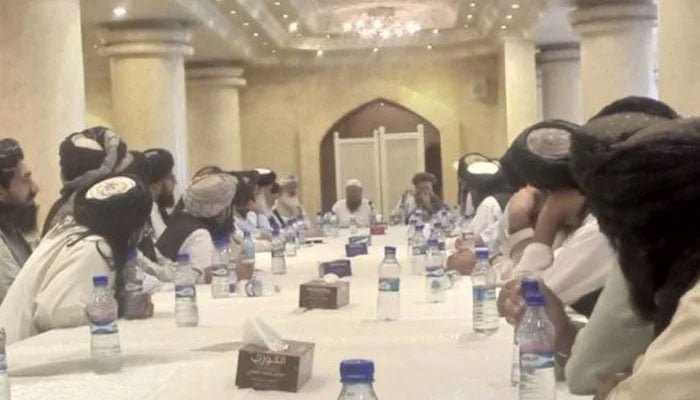
- Visit of tribal jirga comes a day after return of Pakistani Ulema delegation from Kabul.
- Ulema delegation met acting Afghan PM, Taliban leadership and TTP.
- Two sides openly discussed issues pertaining to peace process.
Another tribal jirga from Pakistan has gone to Kabul to hold talks with banned outfit Tehreek-e-Taliban Pakistan (TTP) militants based in Afghanistan.
Pakistan sent the 12-member jirga just a day after the return of the delegation of Pakistani ulema, headed by Mufti Taqi Usmani, who visited Afghanistan from July 25 to 29.
The religious scholars held two meetings with the Pakistani Taliban, besides calling on the top leaders of the ruling Afghan Taliban and acting prime minister Mullah Mohammad Hasan Akhund of the war-torn country.
The first meeting was very brief in which the two sides introduced themselves and then concluded soon after Mufti Taqi Usmani offered dua (prayer) for the success of the peace process.
It was Maulana Mohammad Tayyab, Ameer of Ishaat-ud-Tauheed wa Sunnah, who requested Mullah Mohammad Hasan Akhund during the meeting to help them arrange another session with the Pakistani Taliban, The News reported.
Mullah Hasan and interior minister Sirajuddin Haqqani then organised the second meeting in which the two sides openly discussed issues pertaining to the peace process. Now when the ulema have returned, the tribal elders are there to resume peace talks with the Taliban.
Pakistan this time sent a small jirga of 12 people as a 53-member tribal jirga had gone to Kabul last time in June this year and only 20 of them took part in talks with the militant leaders.
Former Senator and Jamiat Ulema-e-Islam-Fazlur Rahman group leader from South Waziristan led the previous jirga, and upon their return, they claimed to have achieved 90% of the targets in the peace process with the outlawed TTP leadership. Their major success was no doubt convincing the TTP leadership to prolong the ceasefire for an indefinite time, particularly till the time the peace process was in progress, the publication reported.
Maulana Saleh Shah, who had led the jirga, has a long history of facilitating and holding peace negotiations between the Pakistani government and Taliban militants in the past. Afghanistan’s acting interior minister Sirajuddin Haqqani, head of the erstwhile Haqqani Network, has been playing a crucial role in the peace process.
According to official sources, most of the jirga members had held talks with the TTP leadership in June and will resume the same peace process. The Taliban, sources said, had welcomed the jirga members and vowed to help them restore peace in Pakistan, but they refused to compromise on some of their demands.
The TTP wanted the government to restore the previous status of the erstwhile Federally Administered Tribal Areas (Fata) and were adamant to return to Pakistan along with their arms. Pakistan in return had offered to free hundreds of the group's prisoners from jails and take back criminal cases against them in courts. Pakistan also wanted them to dismantle their network and disassociate links with other militant and terrorist organisations.
According to the TTP sources, they welcomed the peace process and sincerely participated in the talks. But they felt that sending jirgas with no powers was merely a futile exercise, the publication reported.
“We had seen progress whenever military officials themselves held talks with us as they have the power of making decisions. I must say it is a waste of time and resources when jirgas are sent to us,” one TTP leader, privy to the peace process, was quoted as saying.
Pleading anonymity, he said the jirgas were sent to make appeals to the TTP to ease their conditions, which he claimed was almost impossible.
Meanwhile, sources also said that one of the TTP members, Maulana Gul Mohammad, during a meeting with the Pakistani religious leaders on Friday had termed their attack on the Army Public School in Peshawar and killing innocent students and their teachers as their biggest mistake.





